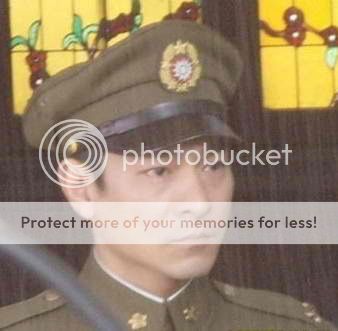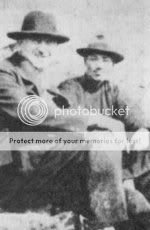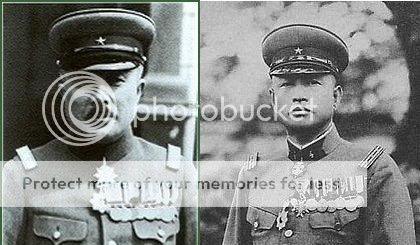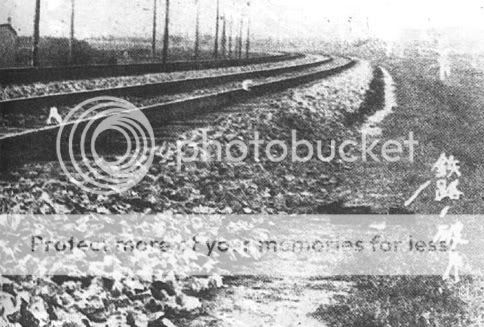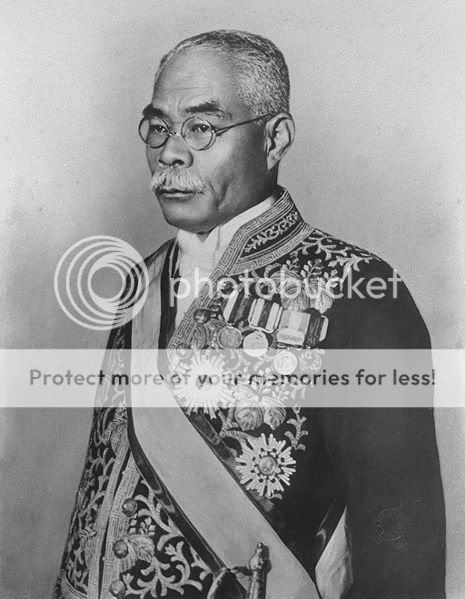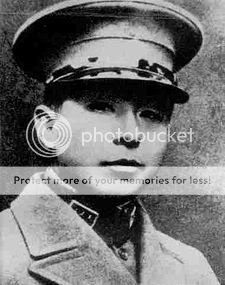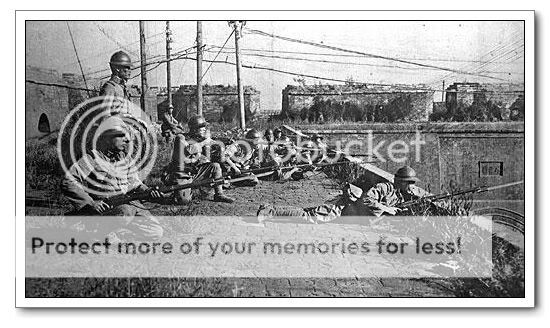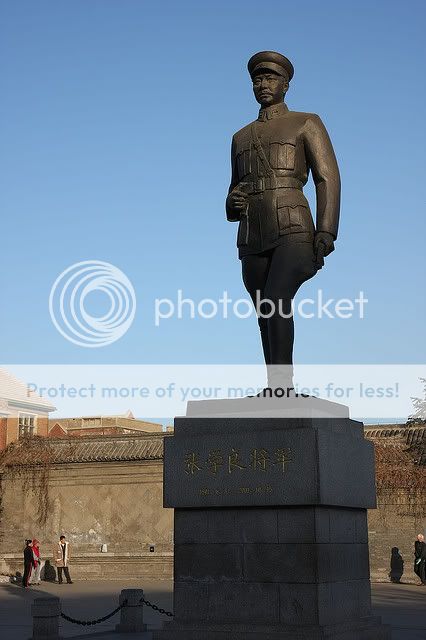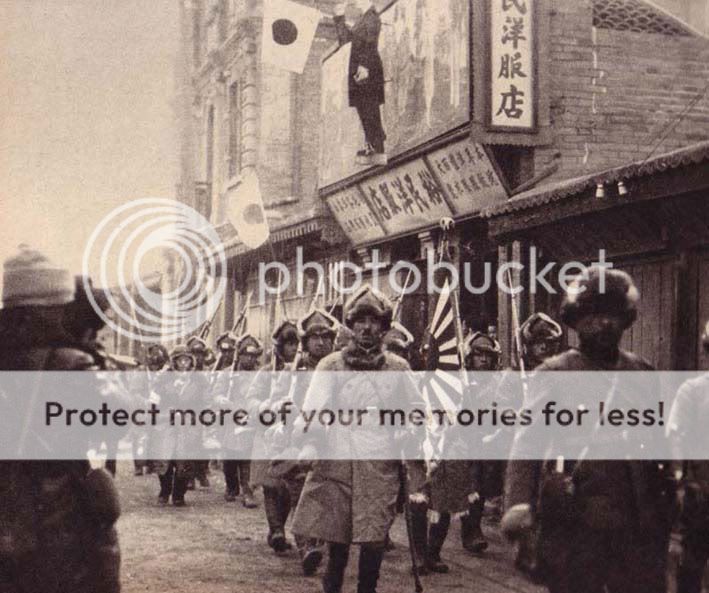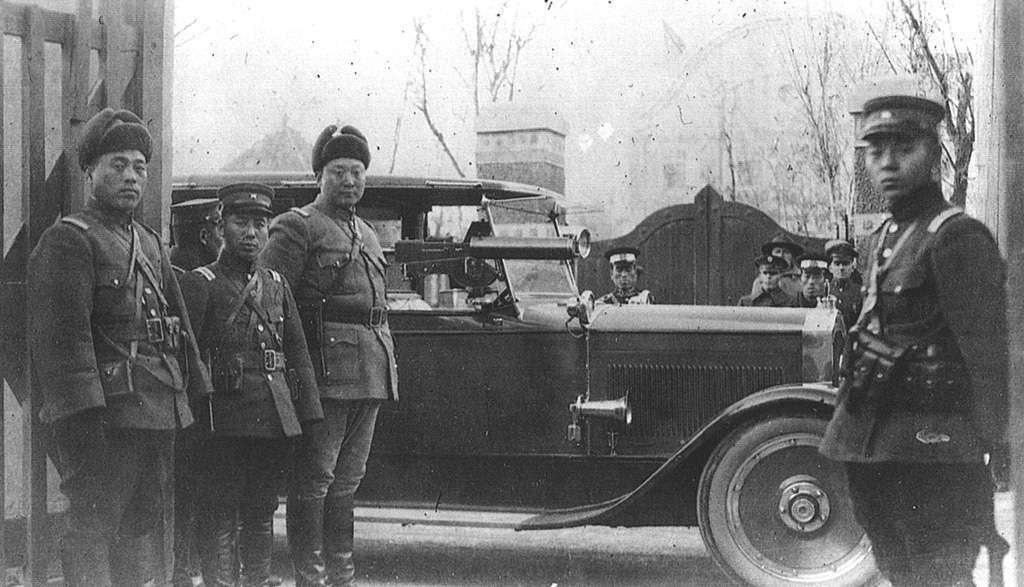And here's a little teaser for whats coming in the next few posts
'
18 April 1995
Los Angeles
USA
Moving to Los Angeles may have been the best move that John Lau had ever made. Despite the lack of radiation around southern China and Hong Kong, the British colony had been flooded to the brim with refugees fleeing the chaotic mainland. The last year had seen some semblance of order restored to the still-liveable parts of China, but the government was only surviving by the skin of its teeth. So the people still left the country in droves, seeking a better life in places like Hong Kong, South Japan, Vietnam, even Korea, which had taken some damage from the nuclear exchange between the old Chinese government and the former USSSR, but had managed to secure plenty of aid from Europe and the US.'
'
From ‘The Complete Second World War, Volume 1: The Opening Moves, From Manchuria to Yugoslavia’
By Robert Keegan
© 1985, Coleman Publishing Group, St Louis, USA
'
'
Zhang Xueliang wasn't going to retreat. His father hadn't retreated in battle and he wouldn't either. If the Japanese wanted a fight he would give it to them
'
